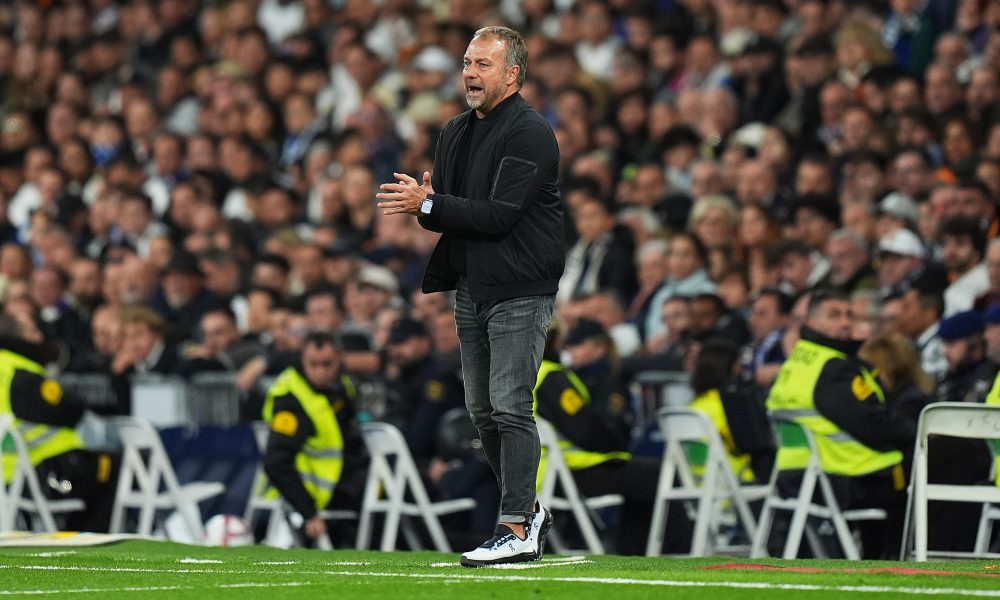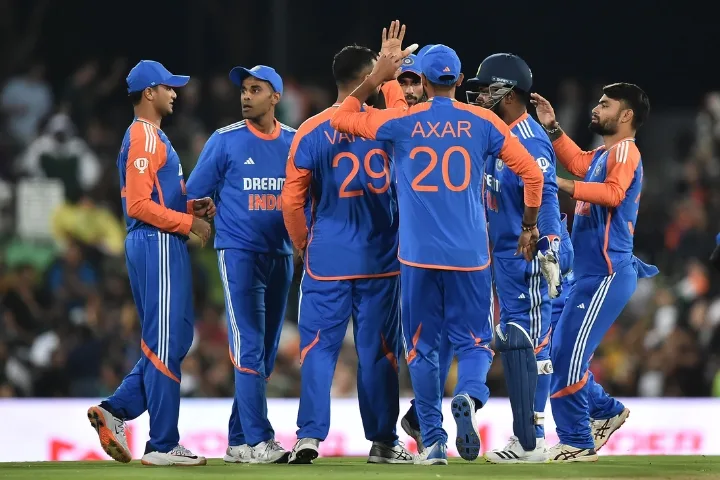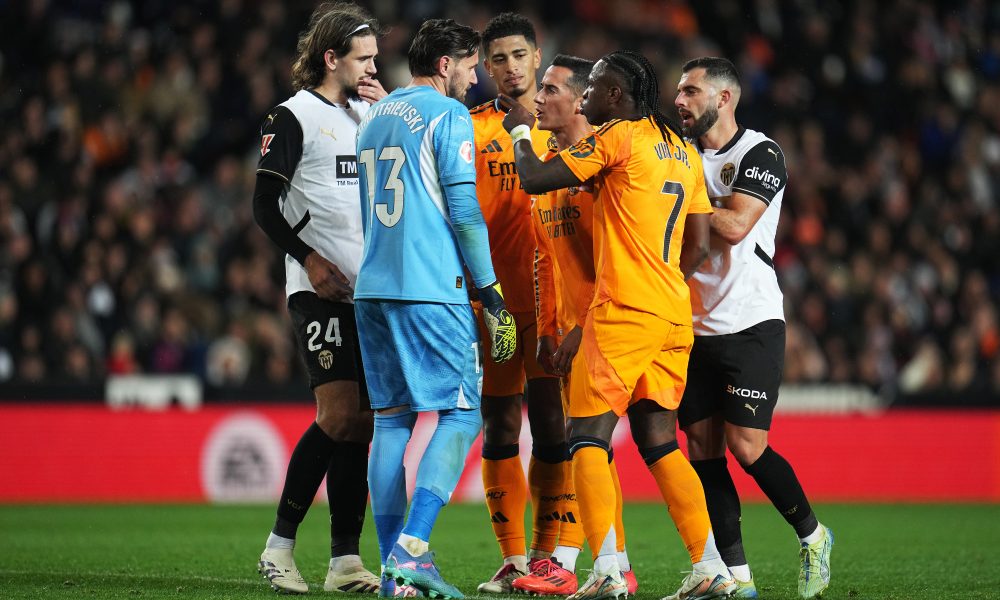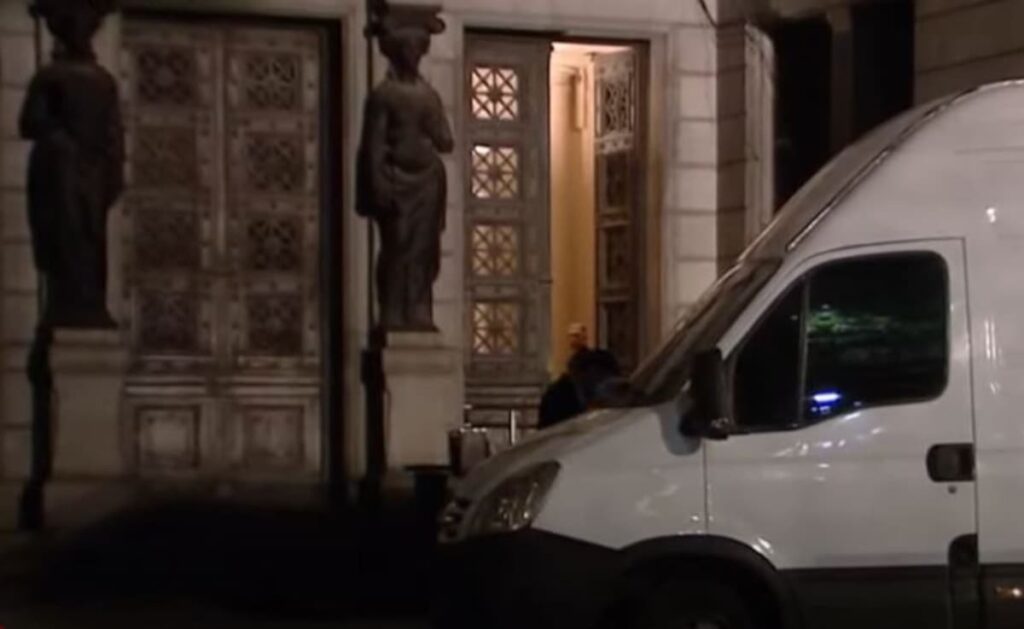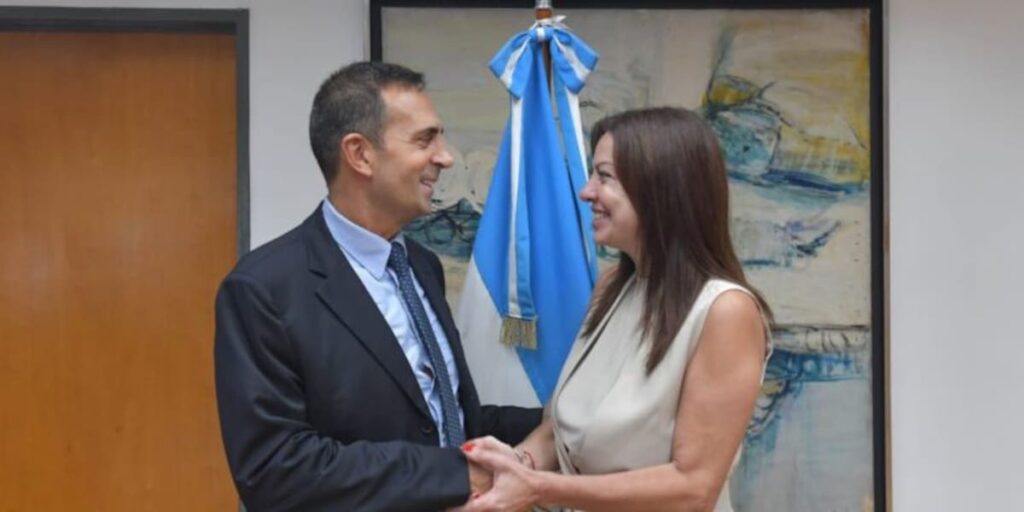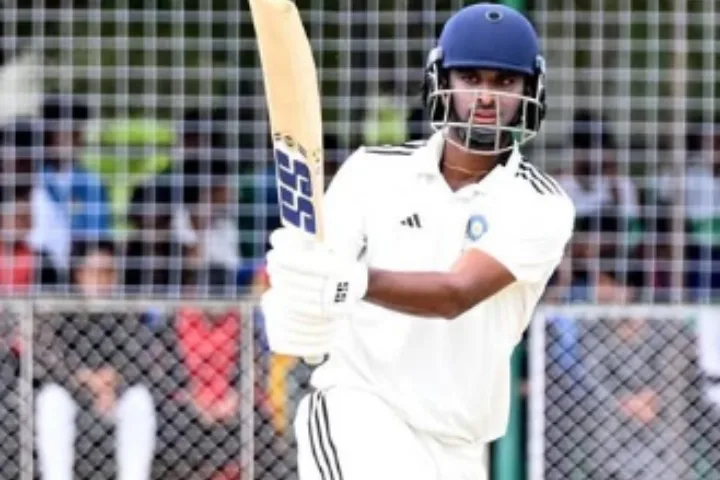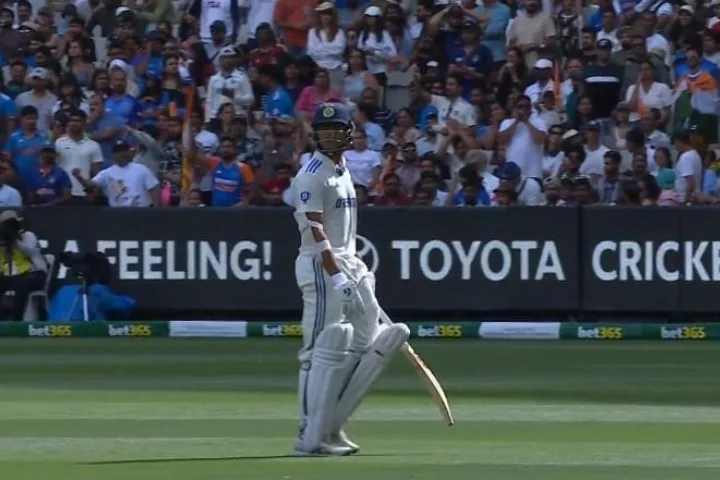Barcelona coach Hansi Flick recently found himself at the center of a controversial decision during a match against Real Betis. In the clash on December 7, Flick received a direct red card from referee Muñiz Ruiz.
According to the referee’s official report, Flick was sent off for leaving his technical area, shouting, gesticulating and protesting a decision. This led to a two-match suspension, upheld even after Barcelona appealed the ruling.
However, Luis Medina Cantalejo, president of the Technical Committee of Referees (CTA), later admitted that the expulsion was unjustified.
During a seminar held with referees, Cantalejo addressed the incident and expressed his discontent with the decision to sanction Flick, stating that ‘he didn’t do anything wrong’.
An audio recording released by Jijantes captured Cantalejo criticizing the expulsion and pointing out that Flick had not committed any significant offense that would justify such a punishment.
What did Cantalejo say?
Cantalejo’s frustration seemed to stem from inconsistencies in the way referees handle protests and gestures from players and coaches.
He noted that throughout the season officials have tolerated a wide range of actions, such as excessive gestures, verbal complaints and even throwing objects, without imposing similar sanctions.
🚨 NEWS @JijantesFC
🔴Medina Cantalejo, president of the Technical Committee of Referees, recognized in the weekly seminar that Flick’s expulsion at Benito Villamarín was not fair.
🗣️”This week we have seen an expulsion of a coach… May God come and see it! All… pic.twitter.com/8QEzJOvtIf
—Jijantes FC (@JijantesFC) January 2, 2025
In Flick’s case, however, a much less severe reaction led to his expulsion, raising questions about fairness and consistency.
“Making all kinds of gestures, atrocities and so on, and here we continue with the camaraderie in the locker room tunnel.
“Shaking hands, hugs, ‘you’re a genius’ or ‘you’re a beast’. And this week, I have to say, we have seen the expulsion of a coach. May God come and see.” he began to say.
Need for verbal warnings
The CTA president also highlighted the need for referees to more effectively apply verbal warnings.
“It’s different if we know that a guy is causing trouble every weekend, protesting everything and doing everything to us, so if one day I go too far, he should shut up.”
He noted that a protocol had been introduced to handle such situations, encouraging referees to issue clear verbal warnings before reaching sanctions.
“In addition, we implemented this verbal warning protocol last year or the year before, I don’t remember now. We go there, we clearly warn him verbally and everyone has already seen it.”
asking for justice
Cantalejo emphasized the importance of maintaining fairness in these decisions, recognizing that expressions of frustration are a natural part of the game and should not always result in severe punishment.
“If the coach continues to protest or wants to have the last word: let us know, but I repeat, we are going to try by all means to be a little more fair.” he added.
While the incident attracted a lot of attention, it also reignited debate over refereeing standards and practices in football.
For Barcelona, the situation adds to their frustrations, as the loss of their coach for two games affected their tactical approach during a critical phase of the season.

 Workout
Workout
 Meditation
Meditation




 Contact Us
Contact Us
